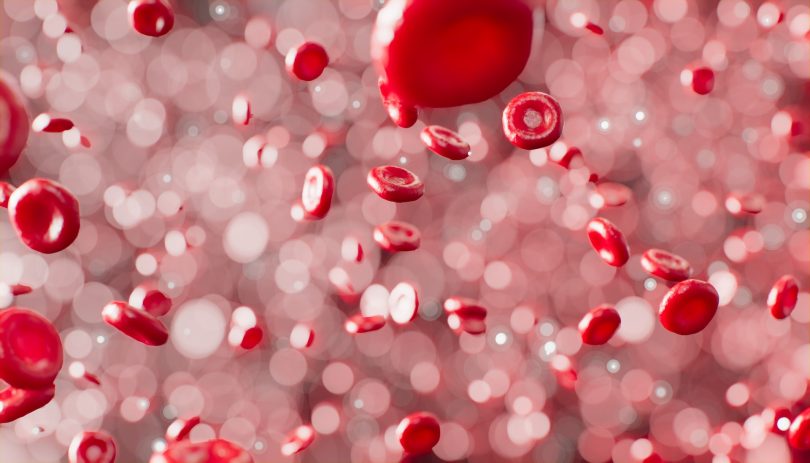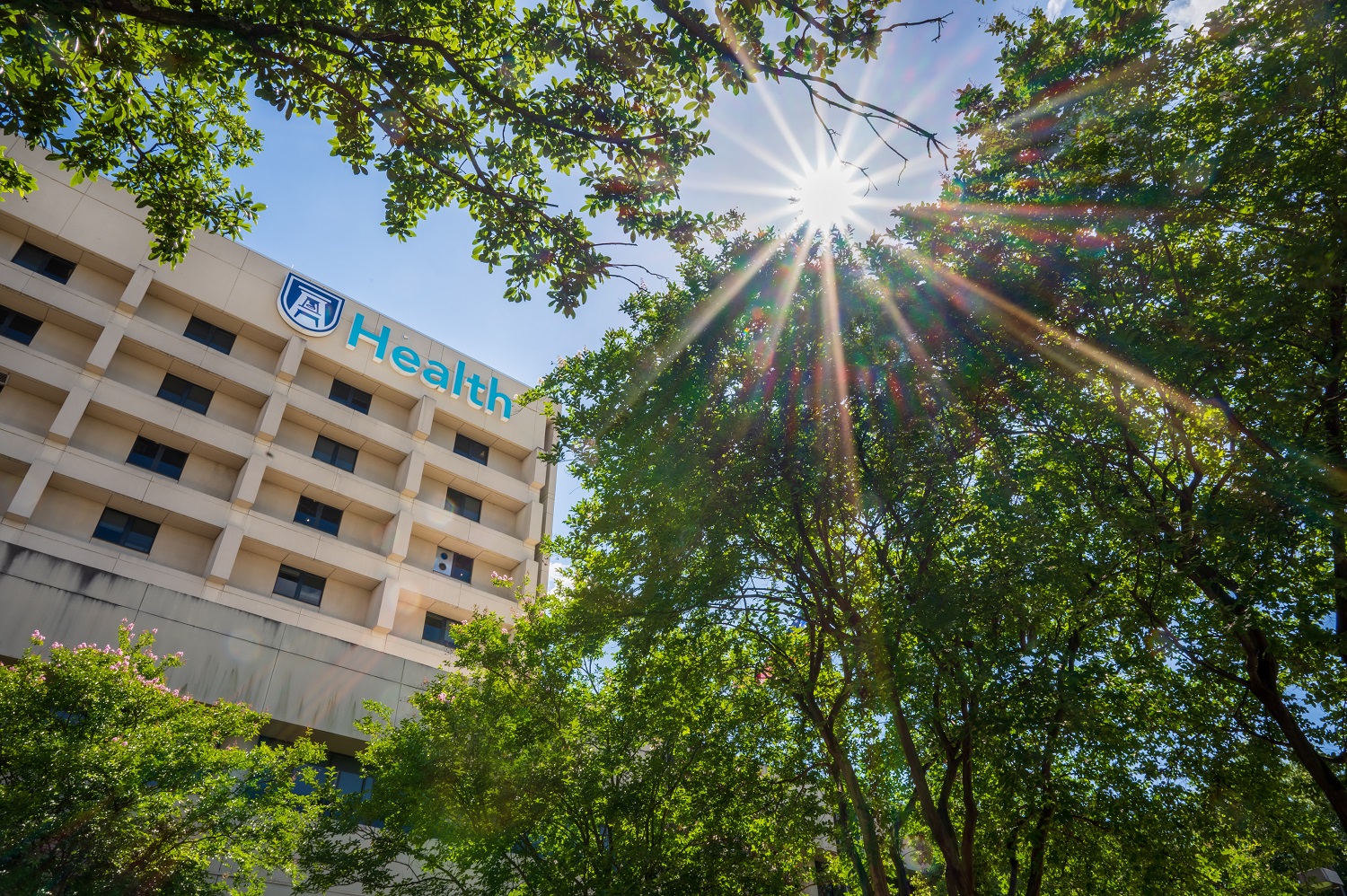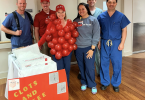Proper nutrition is great for keeping your body running smoothly. It is not, however, a cure to help boost your immune system, particularly your white blood cells or your infection fighters. Dietitians often get the question “what can I eat to boost my immune system?” The truth is there is no one food, vitamin, or antioxidant that can do this. However, you can strive for a healthy, balanced diet. By getting in a variety of fruits and vegetables, whole grains, lean proteins, and healthy fats like olive oil or avocado, you are feeding your body what it needs to keep its good energy up. Do not forget to stay hydrated during treatment as well. Dehydration is common for patients, particularly if you have any side effects like diarrhea during treatment.
Limiting foods high in added sugar and salt is also beneficial as they can put stress on your body, which will slow your recovery down. This is particularly important if you are on any steroids as part of your treatment. Steroids tend to run up blood sugar levels as well as cause fluid retention or bloating. So by controlling your intake of foods that can do the same things, you help your body out by not making it work so hard. If your doctor puts you on steroids, try to limit sweetened beverages like soda and sweet tea, cakes, cookies, and candy to watch the sugar intake. Also, cut back on the salt shaker and high salt foods like deli meats, chips, and other salty treats.
Another topic that comes up regularly with patients is the use of herbal supplements. This can get particularly tricky with several of the drugs used for leukemia and lymphoma. Please always discuss with your doctor or dietitian any supplements you currently take or want to start taking. We do not want you to take something that affects the effectiveness of your cancer treatment.
One last big area of discussion when it comes to nutrition is food safety. Although we encourage all patients to take extra cautions to avoid foodborne illness when undergoing treatment, this is particularly important for leukemia and lymphoma patients. This is for two reasons – initial treatment and stem cell transplant. For initial treatment, it is important because since we are treating a cancer involving the blood system, you are more prone to having lower white blood cells, just as we mentioned above. Although there is not anything specific you can do to boost those labs, it is even more important to realize there are several things you can do to avoid getting sick since those infection fighters are running low. This is of even greater importance after getting a stem cell transplant, a common treatment course for these cancers, as you have an even lower immune system that your body has to build back. Below are some basic food safety tips to keep in mind to avoid getting an infection:
- Wash your hands thoroughly before and after eating or preparing food
- Wash all fruits and vegetables, even if you are removing the peel, such as with bananas
- Cook all meat until well done, including your eggs
- Thaw food in the refrigerator or in the microwave, not on the counter
- Avoid eating at restaurants, particularly buffets, salad bars and fast food
- Clean out anything expired from your refrigerator and pantry
- Keep your kitchen clean, including hand towels and sponges
Please remember, these are just a few steps you can take. If you are going to have a stem cell transplant, meeting with a dietitian is part of your work up prior to the procedure and they will review this in more detail with you. For those undergoing treatment, the dietitians are also available to you at the Georgia Cancer Center. Please just ask your provider to order a consult and an appointment can be scheduled for a more personalized visit. Aiming for a balanced diet, watching sugar and salt, and sticking to safer foods and food handling practices are just what you can do to use nutrition as part of your toolbox if your cancer fight.


